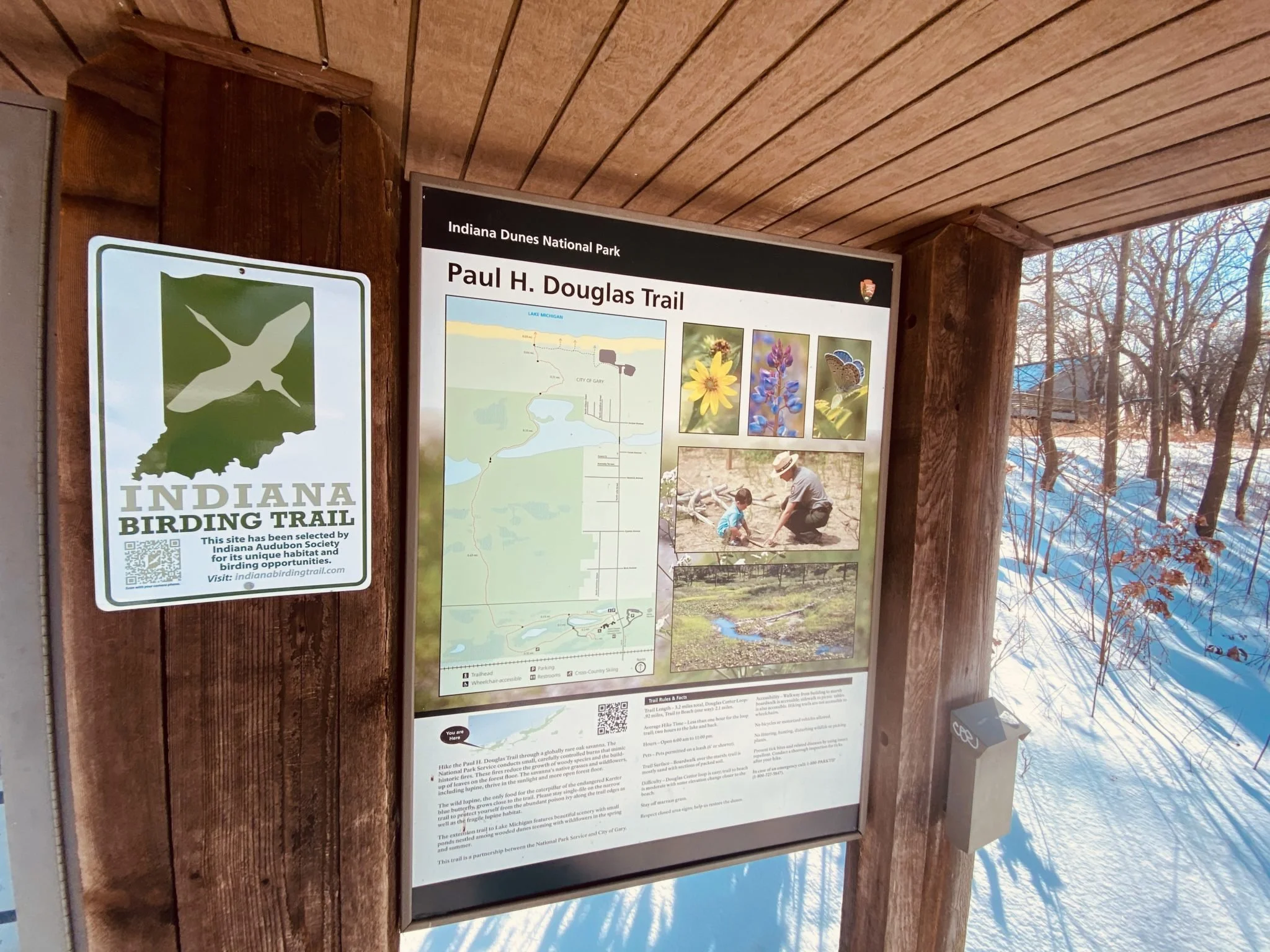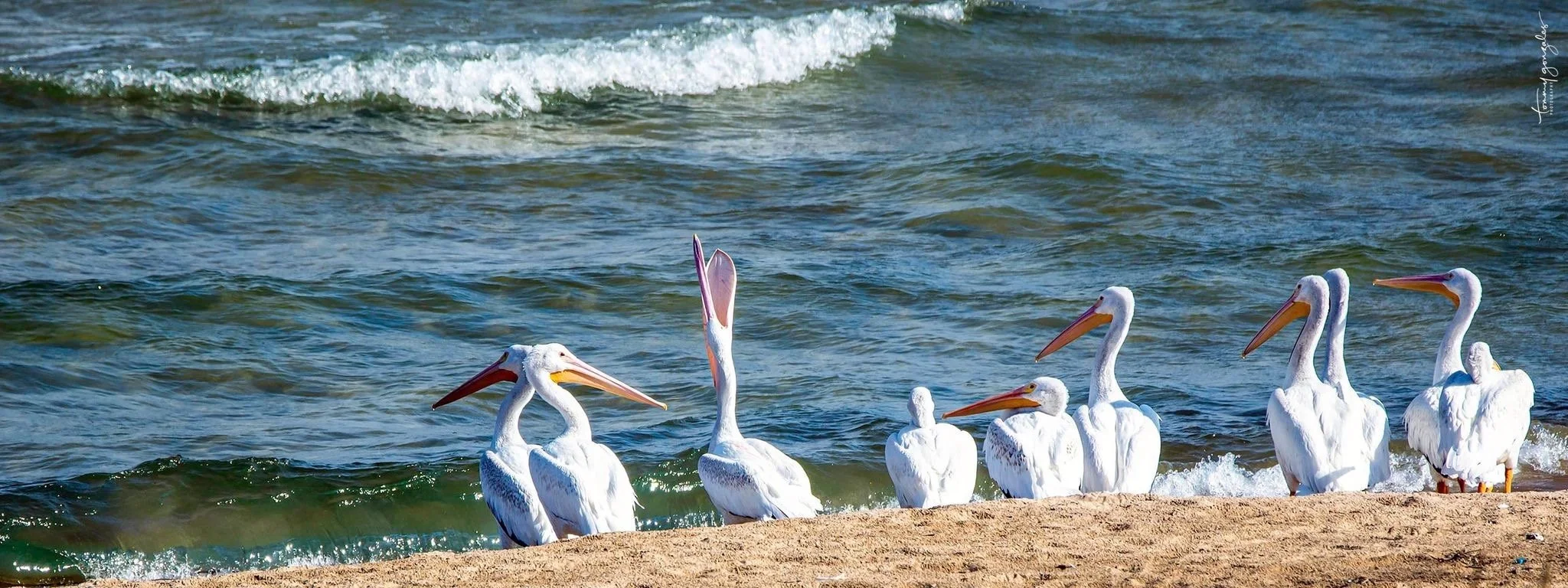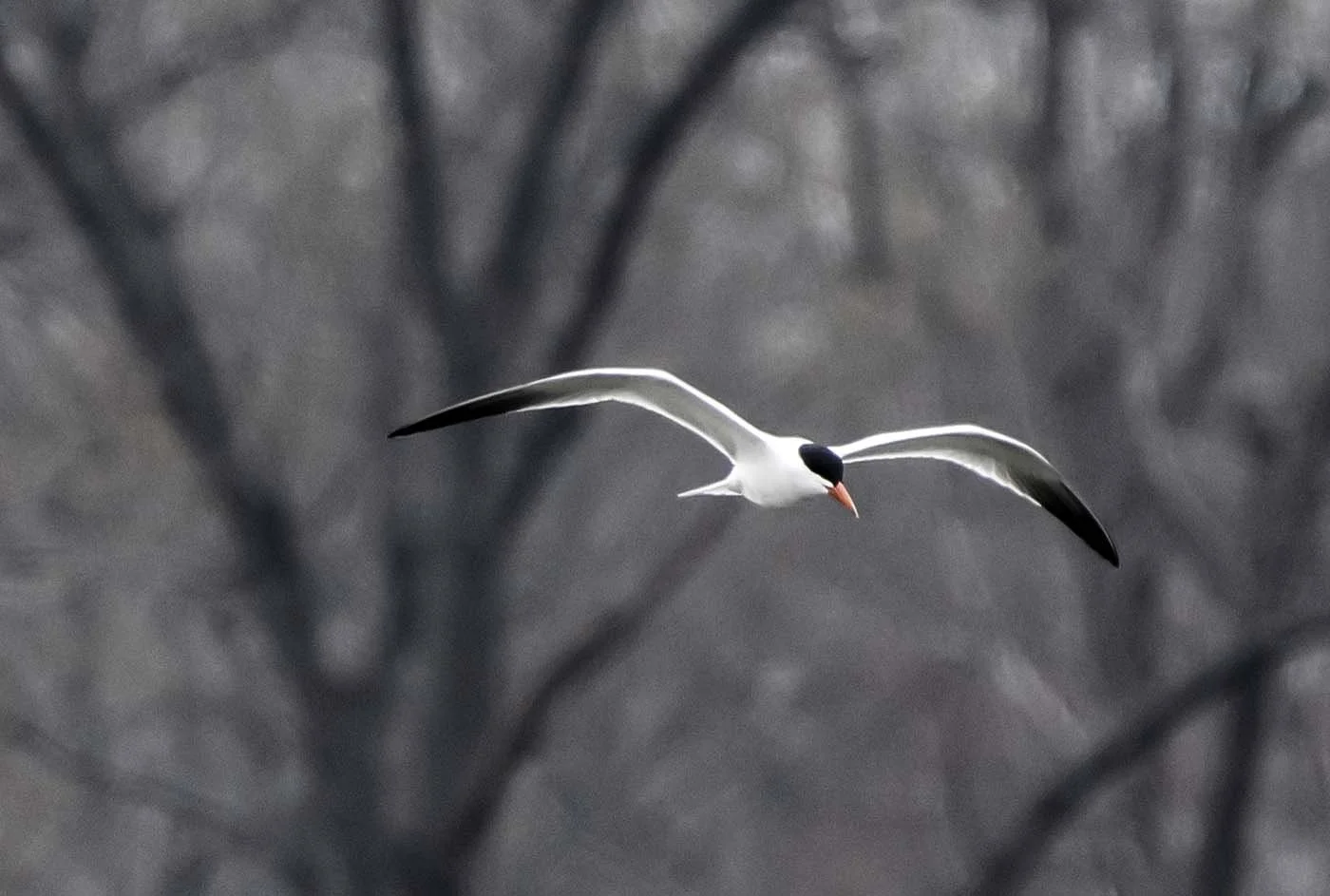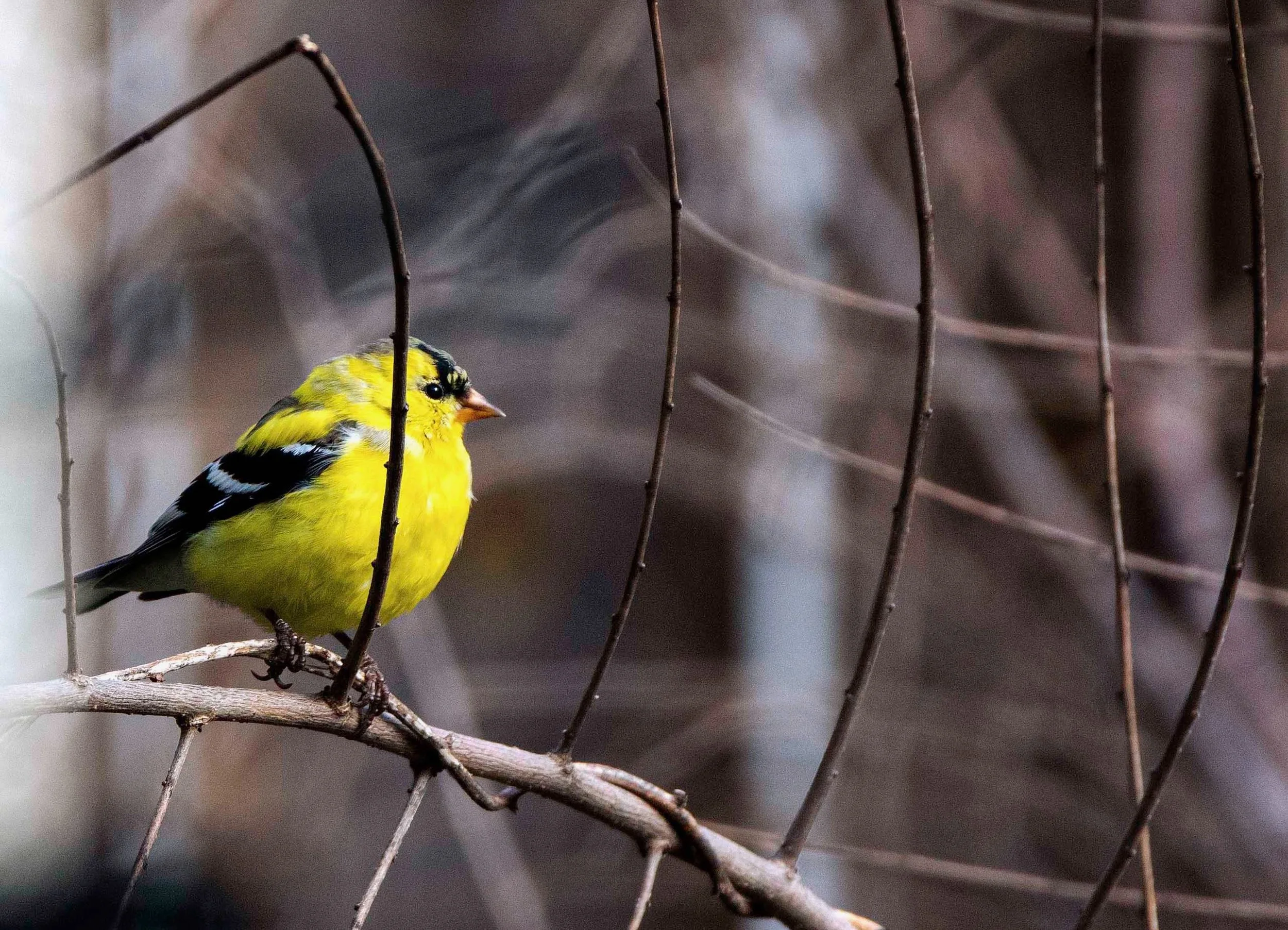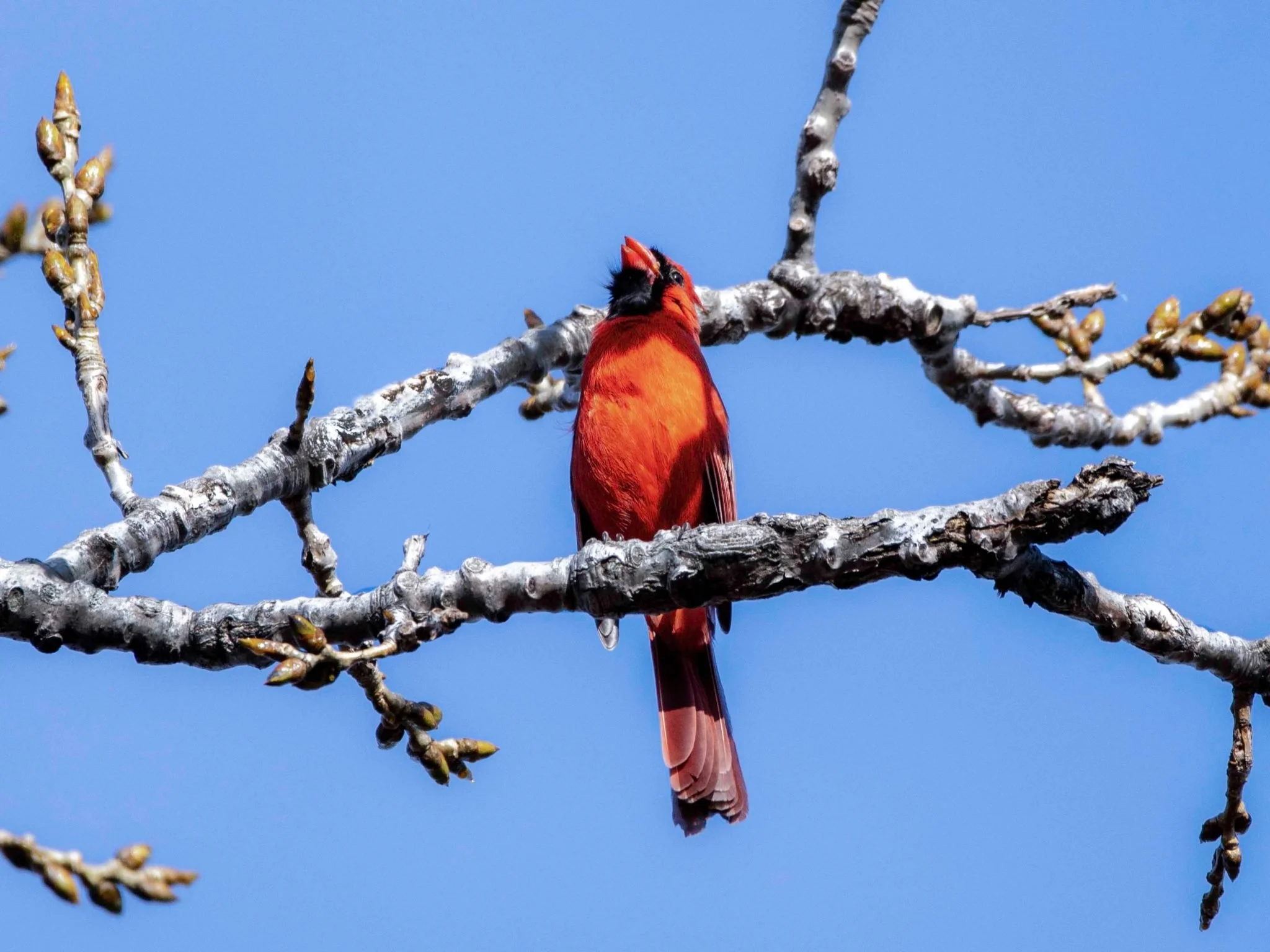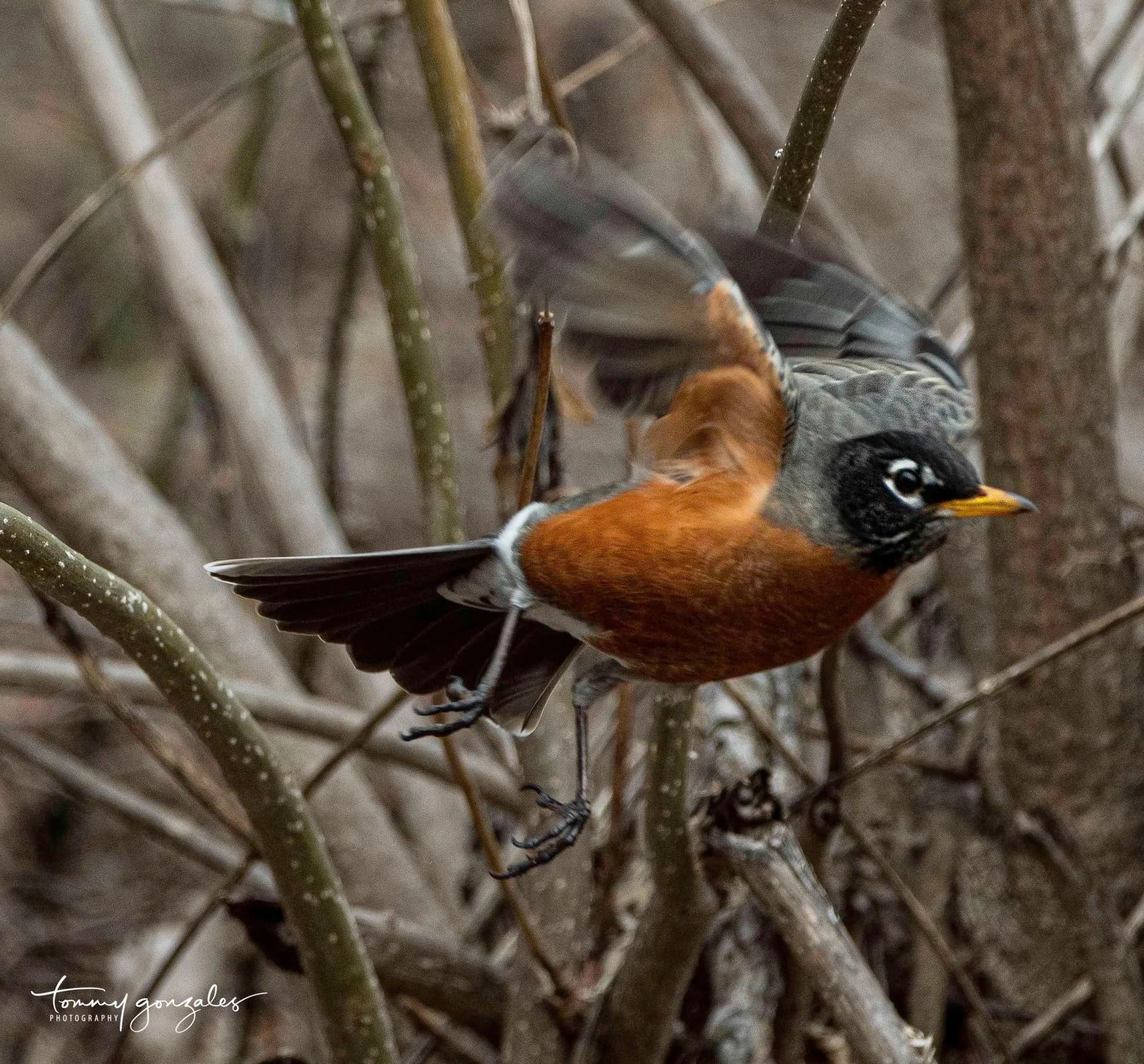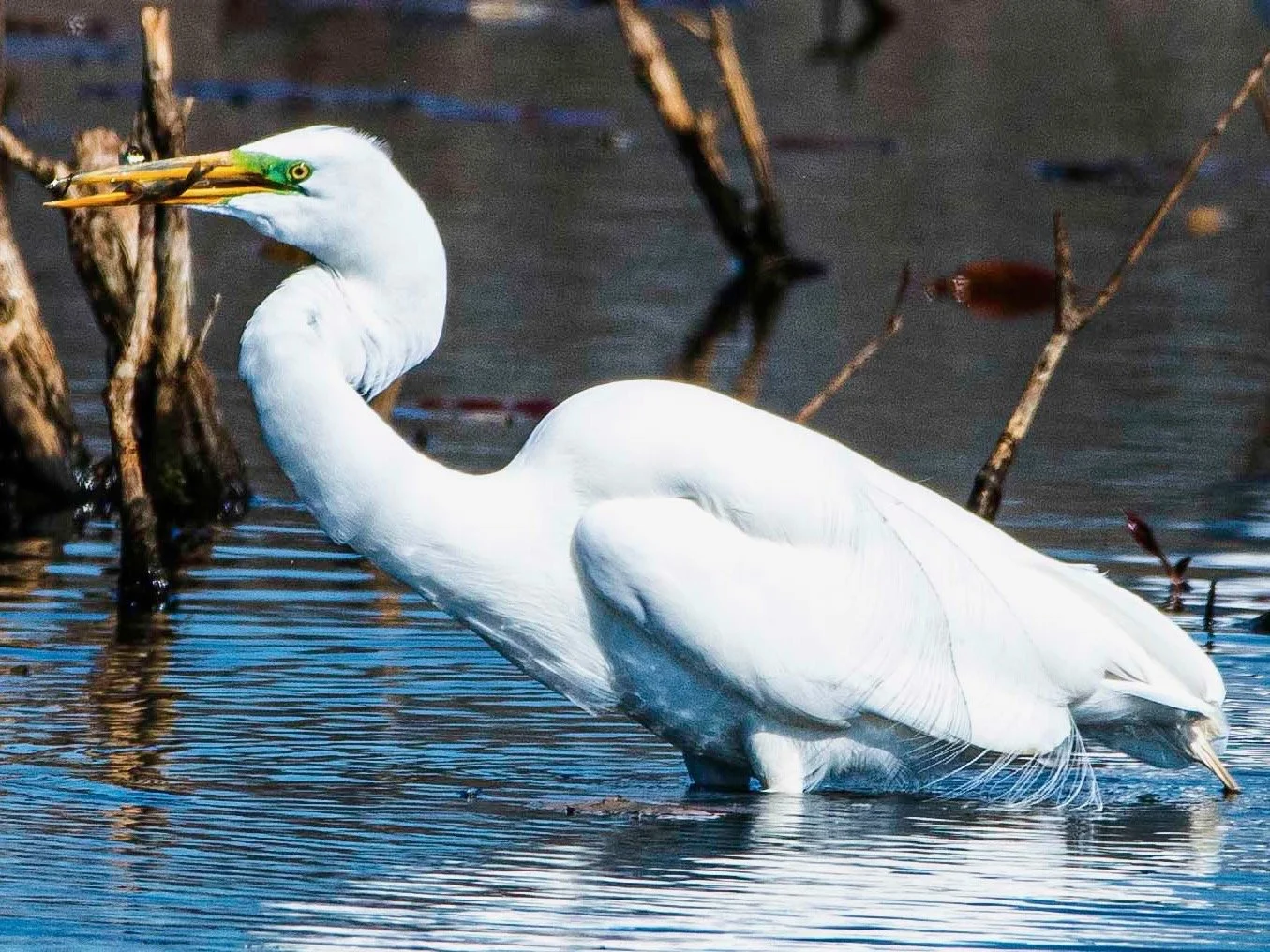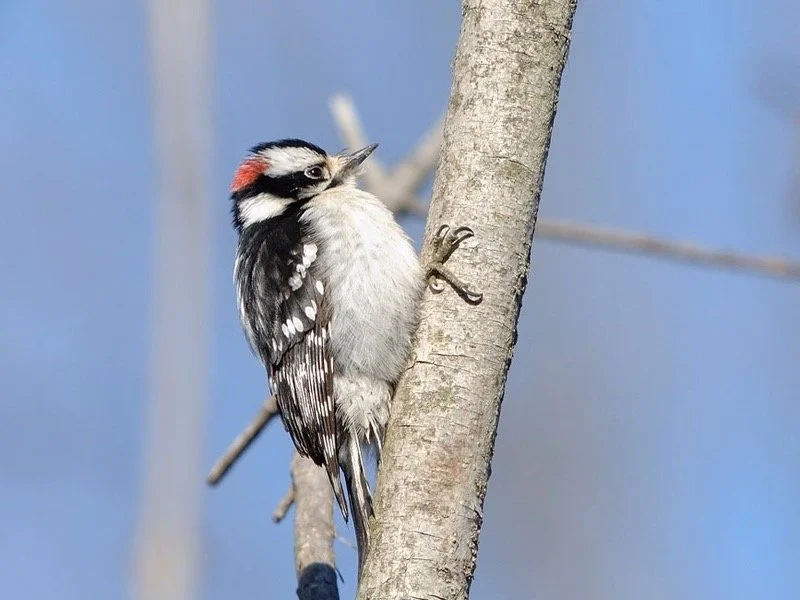
Birding
Photo Credit: Tommy Gonzales Photography
Birds abound in Miller Beach!
Miller Beach is a premier inland site in North America for seeing jaegers and other pelagic wanderers. Migration peaks every October, when northwest winds funnel birds down along the ale. As many as 75% of the identified birds are Parasitic Jaegers, with Pomarine and Long-tailed in the mix. Long-tailed are scarce elsewhere and Miller Beach is one of the best inland spots in North America to find one. Indiana Audubon articles have more extensive information
The Indiana Dunes is also ranked one of the “best national parks to go birding” by National Parks Conservation Association. Miller Beach is at the southernmost point of Lake Michigan, where the Mississippi Flyway funnels thousands of birds, and hundred of bird species on their annual spring and fall migrations. Our wide sightlines and easy parking make it easy for birders to gather when the winds shift.
Four (4) Indiana Birding Trail hot spots(listed below) are located in Miller Beach . According to Indiana Audubon, “Miller Beach has hosted staggering flights of swifts, ducks, and terns. A single day once tallied 23,000 Red-breasted Mergansers, one of the highest counts ever in the world. It’s a magnet for vagrants too: Sabine’s Gull, Franklin’s Gull, even Black-legged Kittiwake all drop in regularly.”
Caspian Terns at Lake Street Beach. Photo Credit: Erika Blackwell
Baird’s Sandpiper. Photo by John Cassady Courtesy of Indiana Audubon
Lake Street Beach birding
860 N Lake St, Gary, IN.
An Important Birding Area, designated by the Indiana Audubon Society, and an official stop on the Indiana Birding Trail.
This is favorite spot for birders often scan the beach and water for migrating shorebirds, gulls, and terns. Walk just off of the parking lot onto the beach and bring a chair to sit in the sand. Located on the Lake Michigan shore. Called the best place to find parasitic jaegers.
Miller Woods Beach birding
This is a Indiana Dunes National Park best, directly adjacent to Lake Street Beach parking lot. At the far west end of the beach there are US Steel breakwater walls, where birds rest and gather. Sandy trails lead south from the beach, into Miller Woods and towards the Calumet Lagoon. Birding on the lakefront is best on days with a brisk northerly wind, August through early December. Often sighted on the beach especially during migration: Sanderlings. Semipalmated Plovers, Baird’s, and Least Sandpipers.
Get Your Map of Miller Beach
Featuring birding locations, beaches, hiking trails, and more.
Photo Credit: Erika Blackwell
Marquette Park Concession birding
Oak Avenue and Montgomery Street in Marquette Park, Gary, IN.
An Important Birding Area, designated by the Indiana Audubon Society and an official stop on the Indiana Birding Trail.
This spot is located near the concession stand in Marquette Park, overlooking Lake Michigan. Birds migrate south along the east and west coasts of Lake Michigan and funnel towards this site when there are northerly winds. Birders gather on the large patio east of the concession, allowing the building to provide a windbreak on the west side. Permanent picnic tables are available year round. Panoramic lake views and plenty of public parking.
Close to 300 species have been observed at this site. More jaegers have been seen here than anywhere in Indiana. See what’s been reported here, at the Indiana Audubon ebird hotspot reporting blog.
Birding is best on days with a brisk northerly wind, August through early December.
Paul H. Douglas Trail (Miller Woods) birding
100 N Lake St, Gary, IN.
An official stop on the Indiana Birding Trail.
Located in farthest west section of the Indiana Dunes National Park, Miller Woods is composed of globally rare dune and swale topography (rows of sand dunes and oak savanna interspersed with long ponds and wetlands). Also has the Calumet Lagoon, headwaters of the Calumet River. Beaver dams dot the marshy, elongated ponds, and herons are easy to spot here. Observe perching birds and songbirds not be seen on the shoreline, during spring and fall migrations. Nesting bald eagles have been spotted by the Calumet Lagoon.
Used as stopover habitat during migration by many watch list birds, such as Wood Thrush, Golden-winged Warbler, and Canada Warbler. See what’s been reported here at the Indiana Audubon ebird hotspot reporting blog.
The Mississippi Flyway, a highway for Birds
Photo Credit: Tommy Gonzales Photography
The Mississippi Flyway is part of a larger migration route that extends from northwest Canada, along the Great Lakes, and down along the Mississippi River Valley. This flyway is one of 8 globally important bird migration routes. Miller Beach, at the southernmost point of Lake Michigan, sits directly on the Mississippi Flyway.
About 300 species of birds use the Mississippi flyway every year. Miller Beach’s miles of Lake Michigan shoreline, surrounded by Indiana Dunes National Park lands, provides birds with important habitats for resting and feeding.
Caspian Tern at West Beach's Long Lake/ Indiana Birding Trail hot spot. Photo Credit: Tommy Gonzales Photography
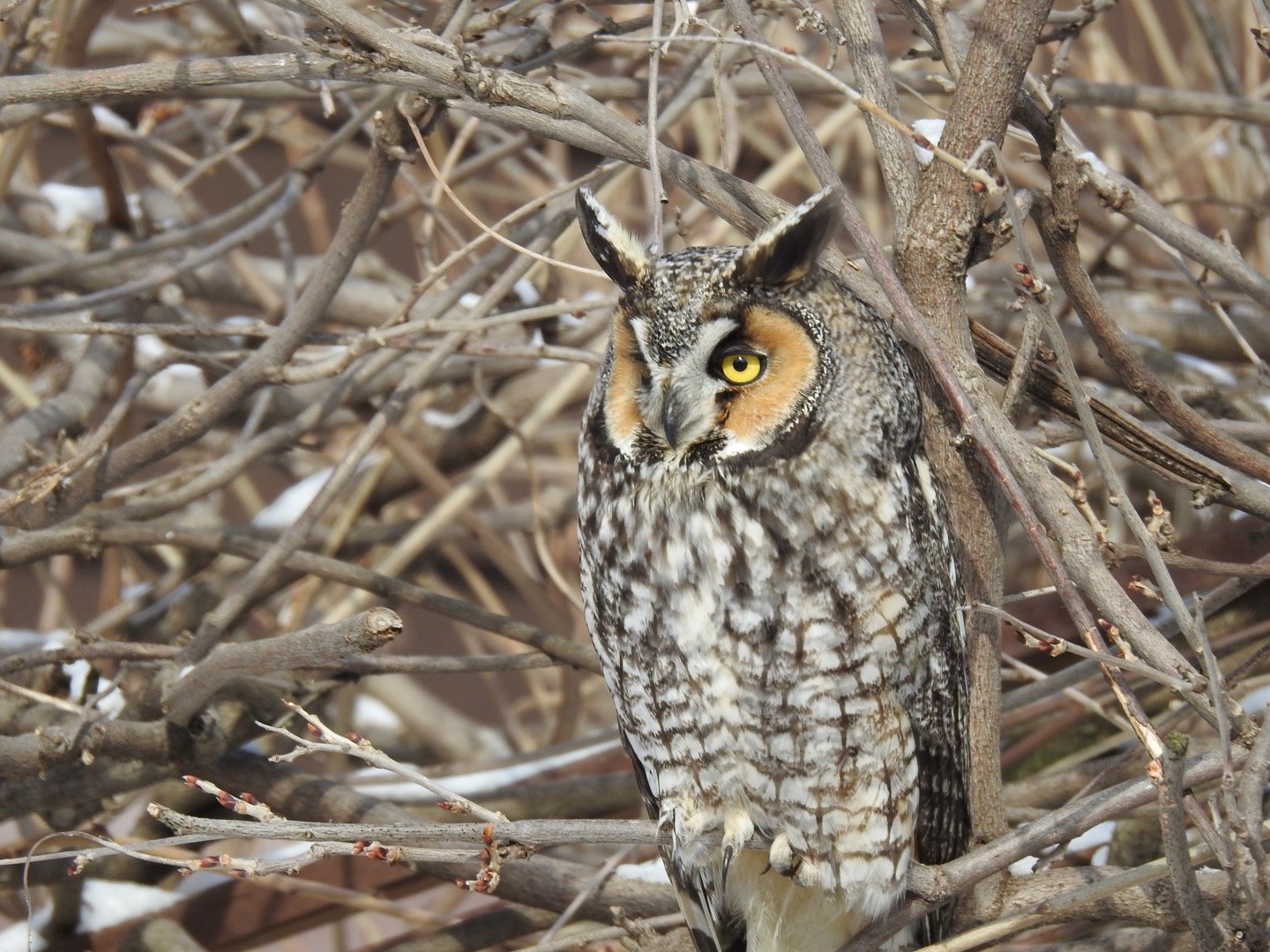
Great Horned Owl in Miller Woods. Photo Credit: Rick Novak
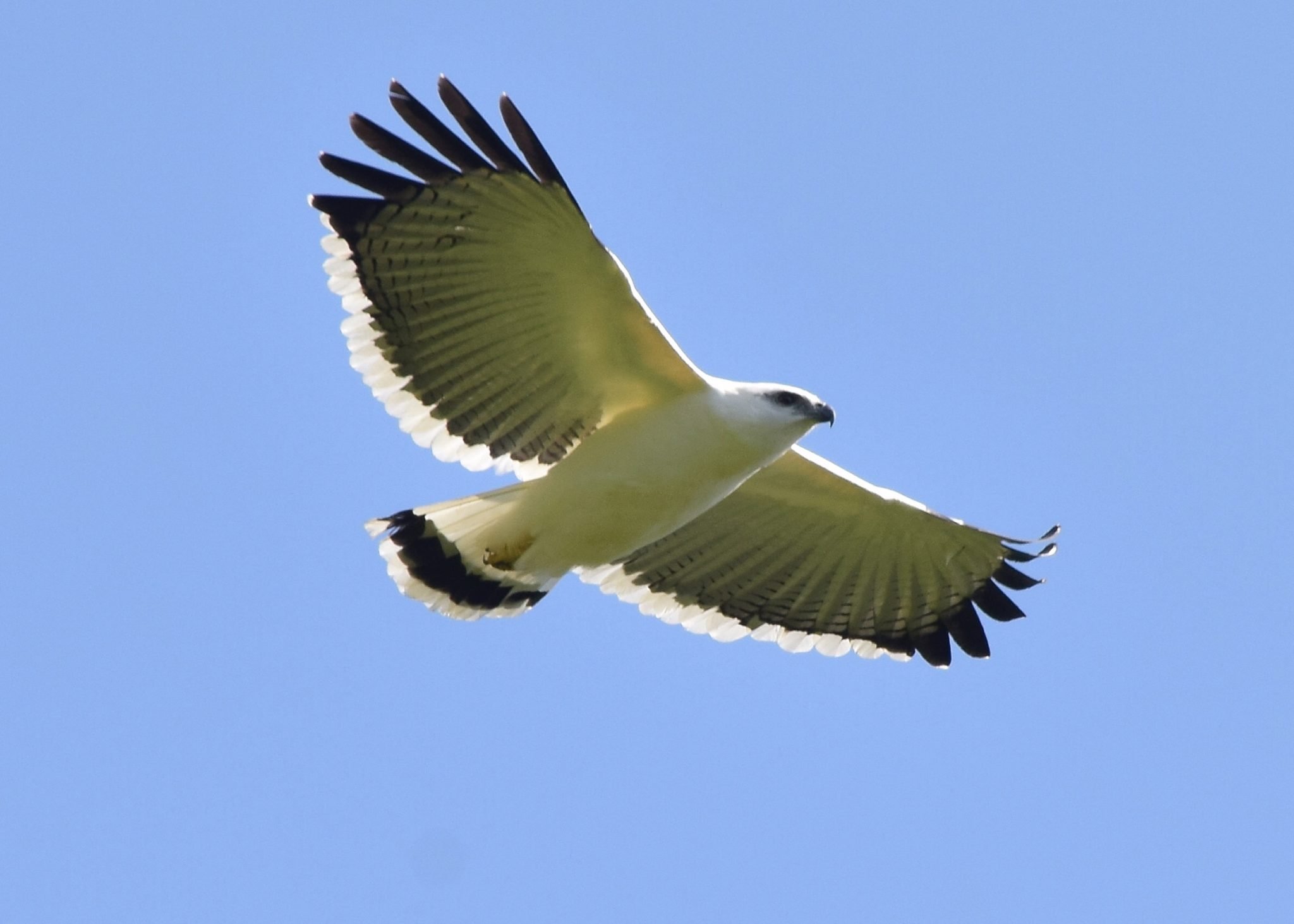
Marquette Park's Indiana Birding Trail hotspot is the most likely place to see Jaegers in Indiana! Photo Credit: Erika Blackwell
American Goldfinch in West Beach. Photo Credit: Tommy Gonzales Photography
Large groups of sandhill cranes are often seen migrating through in spring, and they make a lot of noise! Photo Credit: Tommy Gonzales Photography
Cardinal singing it's heart out! Photo Credit: Tommy Gonzales Photography
American Robin launches into flight. Photo Credit: Tommy Gonzales Photography

Flocks of gulls congregate on Lake Street beach and Marquette Beach all winter. Photo Credit: Erika Blackwell
Mourning Dove comes in for a landing. Photo Credit: Tommy Gonzales Photography
Great White Egret are commonly found at Miller Woods and Long Lake in West Beach, both Indiana Birding Trail spots Photo Credit: Tommy Gonzales Photography
Male downy woodpecker wears a little red cap. Photo Credit: Tommy Gonzales Photography

Great Blue Heron poses in a Miller Woods pond while hunting for fish. Photo Credit: Tommy Gonzalez Photography.





